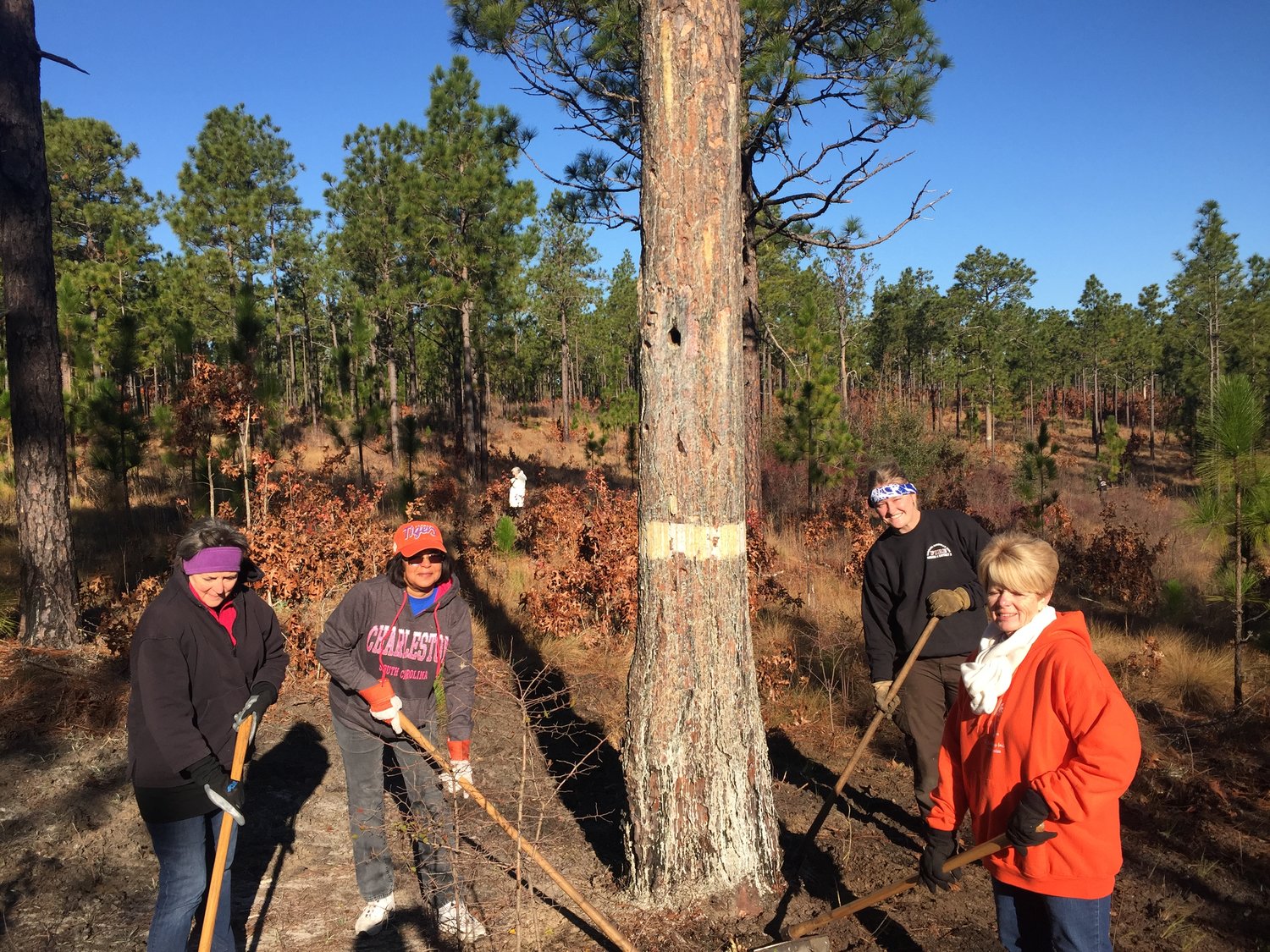
Keep South Carolina Wild
July 25, 2022
The popular migratory monarch butterfly has been listed as endangered, but South Carolina residents can help save the species.
The International Union for Conservation of Nature announced on Thursday it had added the insect to its endangered species list due to dwindling population numbers in North America. The IUCN is the world’s most comprehensive scientific authority on the status of species.
The announcement comes after populations of the colorful butterfly have dwindled for decades. The monarch is known for its migrations from Mexico and California in the winter to summer. It regularly stops alongside Lowcountry beaches to get nectar in the fall and even sometimes travels to the Midlands and Upstate.
The IUCN attributes the decline to a combination of legal and illegal logging and deforestation, use of certain pesticides and herbicides for agriculture and climate change. Such actions have led to a loss of milkweed, the host plant that monarchs lay their eggs on.
“The western population is at greatest risk of extinction, having declined by an estimated 99.9%, from as many as 10 million to 1,914 butterflies between the 1980s and 2021. The larger eastern population also shrunk by 84% from 1996 to 2014,” a statement for IUCN reads.
But there is hope.
According to the South Carolina Wildlife Federation, residents can help monarchs by planting milkweed wherever they can.
“At home, school, work, church, the library, the local park – anywhere in your community! Just one mating pair and a good supply of milkweed could produce many healthy fluttering friends for your community,” the federation states on its website.
Check with your local plant nursery to see if they carry native milkweed.
“So many people and organizations have come together to try and protect this butterfly and its habitats. From planting native milkweed and reducing pesticide use to supporting the protection of overwintering sites and contributing to community science, we all have a role to play in making sure this iconic insect makes a full recovery,” Anna Walker, member of the IUCN SSC Butterfly and Moth Specialist Group and Species Survival Officer at the New Mexico BioPark Society, said in a Thursday statement.
For details on the types of milkweed native to South Carolina, click here.
For information on how to plant milkweed seeds, click here.
South Carolina residents can request a free packet of native milkweed from the South Carolina Wildlife Federation. Do so by clicking here and filling out the form at the bottom of the website page.
This story was originally published July 21, 2022 11:26 AM.
PATRICK MCCRELESS 803-771-8353
Patrick McCreless is the service journalism editor for The State, where he and a team of reporters write about trending news of the day and topics that help readers in their daily lives and better informs them about their communities. He attended Jacksonville State University in Alabama and grew up in Tuscaloosa, AL.
Read more at: https://www.thestate.com/news/state/south-carolina/article263687463.html#storylink=cpy
Tags: Monarchs, Milkweed, Habitat, Endangered Species, News

US Army Corps of Engineers on Track to Restore Crab Bank Seabird Sanctuary By Brantley Bissette, SCWF Education Outreach Intern Scheduled to start in September of this year, the US...

THANK YOU to our volunteers who helped to rake around Red-cockaded Woodpecker cavity trees!! Friends, volunteers and staff of Carolina Sandhills National Wildlife Refuge along with the SC Wildlife Federation...

SCWF Executive Director, Sara Green, had the opportunity to speak on behalf of the SC Conservation Coalition about land conservation at the recent “Conversations with Conservationists” Senate Briefing. You can...